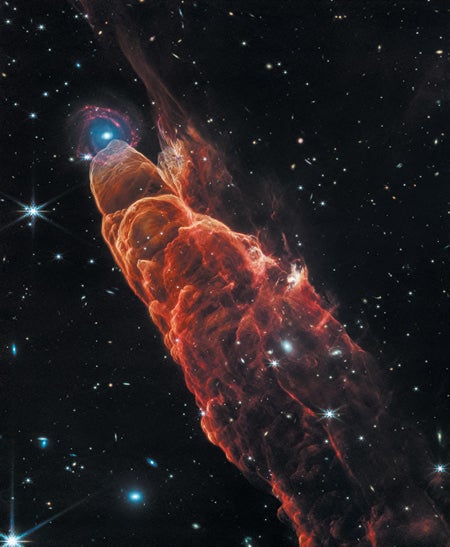
Cosmic Tornado from Star’s Birth Whirls in Dazzling JWST Image
This telescope has revealed the whipped-up dust from the birth of a star—and a shining background galaxy—more clearly than ever before
Gayoung Lee is a science journalist and former news intern and Games ace at Scientific American. A philosopher turned journalist, originally from South Korea, Lee is interested finding unexpected connections between life and different science, particularly in theoretical physics and mathematics. You can read more about her here: https://gayoung-lee.carrd.co

Cosmic Tornado from Star’s Birth Whirls in Dazzling JWST Image
This telescope has revealed the whipped-up dust from the birth of a star—and a shining background galaxy—more clearly than ever before
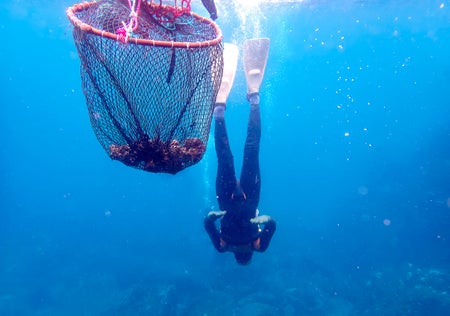
These ‘Real-Life Mermaid’ Divers Have Remarkable Underwater Abilities—And Genetics
The Haenyeo, an all-female group of divers on South Korea’s Jeju Island, spend much of their lives underwater without equipment—a “superpower” that may be written into their DNA
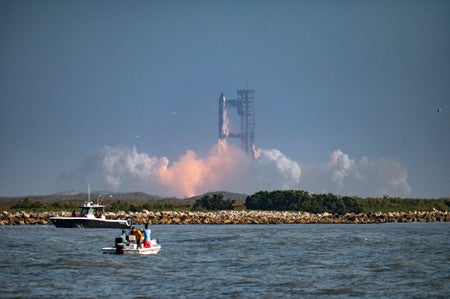
SpaceX’s Ninth Starship Test Flight Delivers Mixed Results
The largest, most powerful launch vehicle ever built is meant to be a key part of SpaceX’s plans to send humans to Mars—and NASA’s plans to return astronauts to the moon, too
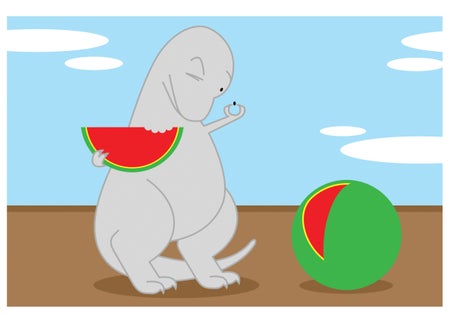
For Fruit Seeds, Humans Are Modern-Day Dinosaurs
By physically engineering their environments, megafauna such as dinosaurs curbed fruit seed sizes—a role that now may be filled by humans
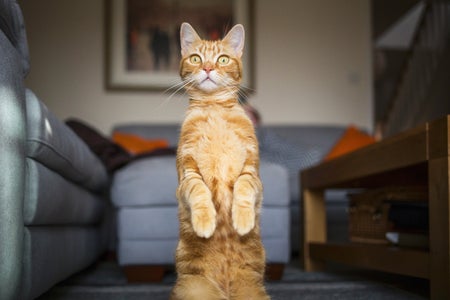
This Strange Mutation Explains the Mystifying Color of Orange Cats
Your orange cat may host a never-before-seen genetic pathway for color pigmentation, according to new studies

We’ve Only Seen 0.001 Percent of Earth’s Seafloor. Here’s What That Really Means
A new review of ocean data suggests that more than 99.999 percent of the global deep seafloor has never been seen by humans. But what does that really mean?
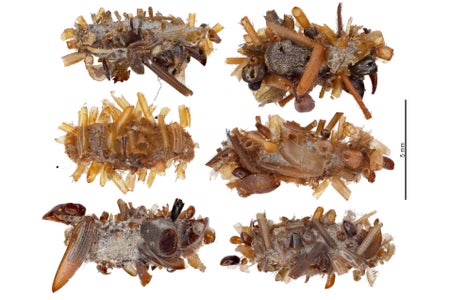
Carnivorous ‘Bone Collector’ Caterpillars Wear Corpses as Camouflage
Nicknamed the “bone collector,” this newly confirmed caterpillar in Hawaii secretly scrounges off a spider landlord by covering itself with dead insect body parts
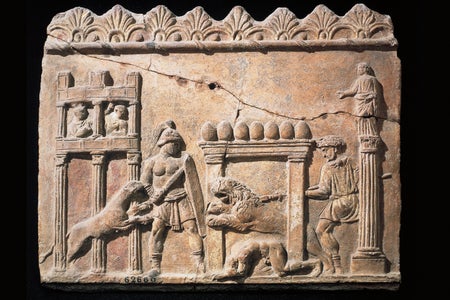
Lion Bite to the Butt May Be First Proof of Human-Animal Gladiatorial Combat
The first physical evidence of Roman gladiators fighting animals has been found in skeletal remains from England
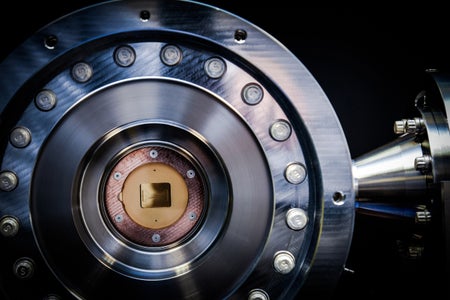
Quantum Randomness Could Create a Spoof-Proof Internet
Quantinuum’s 56-bit trapped-ion computer has succeeded in demonstrating randomness in quantum circuits to establish secure, private connections
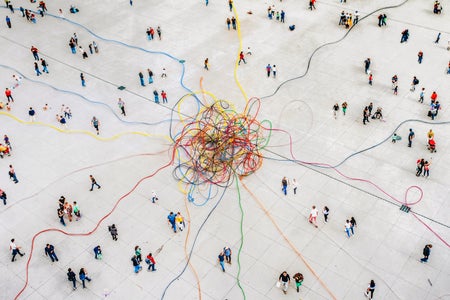
‘Chaos’ Angle Explains Why Pedestrian Traffic Snarls to a Stop
In general, crowds like to form lanes to get across—until too many people go in too many different directions
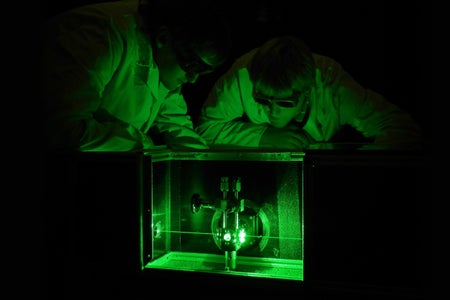
Physicists Are Closer Than Ever to Solving the Puzzle of the Ghostly Neutrino’s Mass
In just the first 259 days of data collection, KATRIN, a beta-decay-based detector in Germany, has set the smallest upper limit yet on the mass of the neutrino—the universe’s lightest massive particle
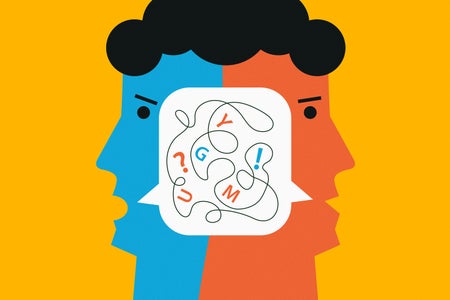
Language Differences Control Your Brain’s Sentence-Prediction Habits
The brain’s response to information depends on language’s grammatical structure
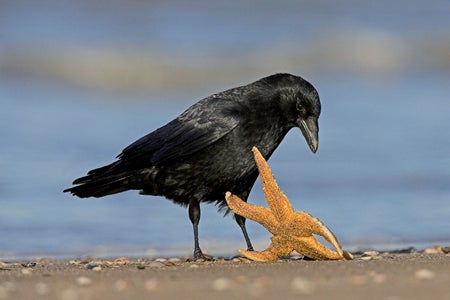
Crows Are Good at Geometry. Don’t Look So Surprised
Crows can tell the shapes of stars from those of moons and symmetrical quadrilaterals from unsymmetrical ones, new results show
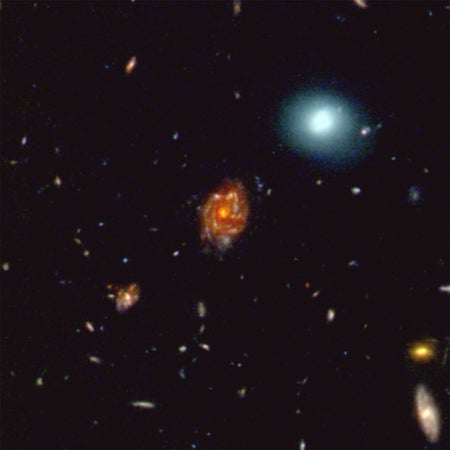
JWST Spots Giant Spiral Galaxy Shockingly Early in Cosmic History
Nicknamed the “Big Wheel,” a giant, spiral-shaped disk galaxy was spotted in an unusually crowded part of the early universe just two billion years after the big bang
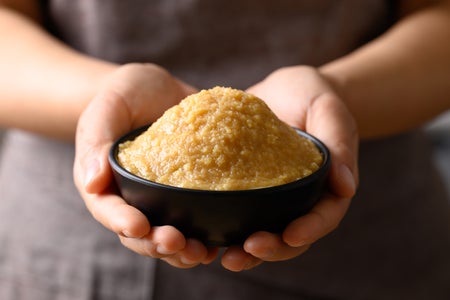
This Space Station Miso Tastes Out of This World
Overall, “space miso” tastes just like regular miso—but slight differences in its microbial profile suggest that extraterrestrial conditions affect how microbes grow and flourish
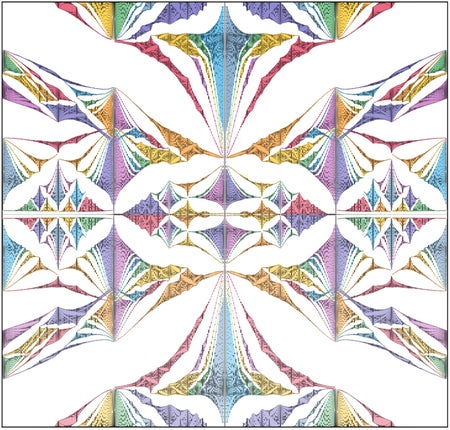
Physicists Catch a Quantum Butterfly Spreading Its Wings
In a first, physicists have directly seen Hofstadter’s butterfly—a long-sought-after fractal in the quantum realm
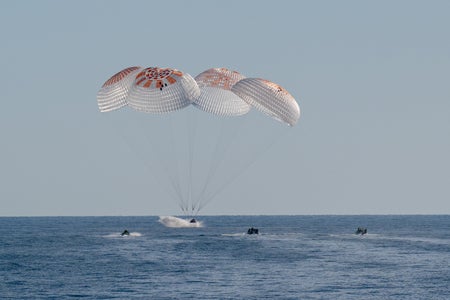
After 286 Days in Space, NASA Astronauts Return to Earth with a Splash
NASA astronauts Butch Wilmore and Suni Williams had been “stuck” at the International Space Station since June 6, 2024, after Boeing’s Starliner, the vehicle they rode to get there, ran into multiple hardware problems
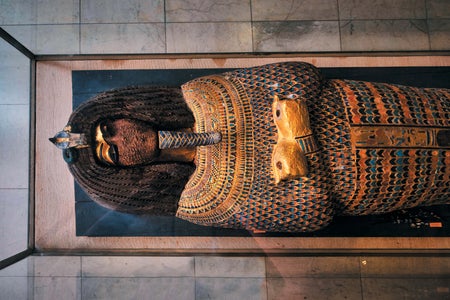
What Sniffing Mummies Taught Scientists about an Ancient Society
Mummies’ aromas may provide insight into historical social classes and periods, according to a team of trained mummy sniffers
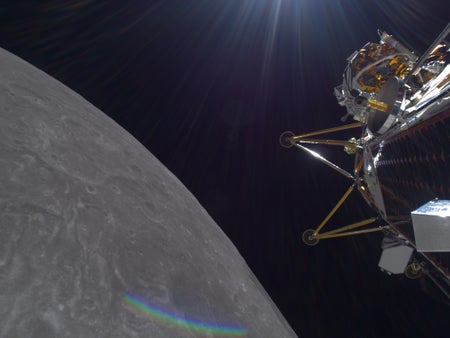
Intuitive Machines’ Athena Lander Reaches the Moon Lopsided—Just like Its Predecessor
Despite some connection delays postlanding, the lunar lander Athena is officially set to study what lies beneath the moon’s surface over the next 10 days

A New Device Lets You Taste Things without Actually Eating Them
This tiny instrument lets users taste things—without actually eating them—by releasing a combination of chemicals that reconstruct different tastes. But replicating associated smells and textures will take some time
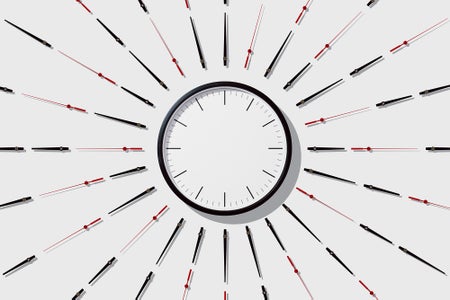
In the Quantum Realm, Time’s Arrow Might Fly in Two Directions
Scientists studying a centuries-old mystery of physics suggest two “arrows of time” control the evolution of quantum systems
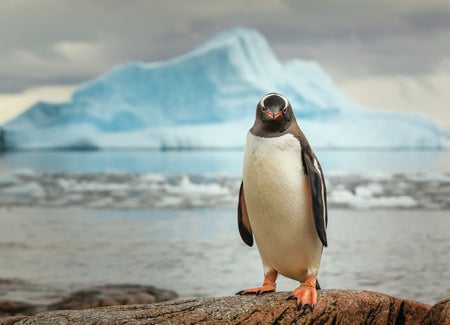
Penguins Help to Map Antarctica’s Growing Mercury Threat
Molted penguin feathers record mercury infiltrating Antarctica’s food web
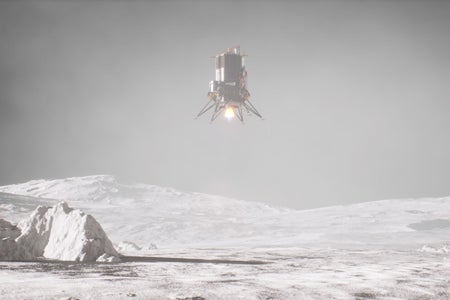
Athena, Next U.S. Commercial Moon Lander, Is Set for Spectacular Lunar Science
In partnership with NASA, the Intuitive Machines lander Athena will send a water-seeking drill, a pogo-sticking crater probe and other novel technologies to the moon
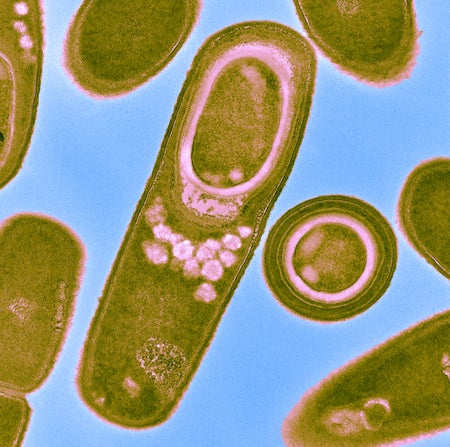
To Find Life on Mars, Make Microbes Wiggle
Could tiny swimming microbes help us unlock the mysteries of extraterrestrial life?